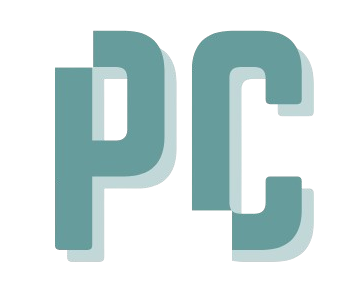Introduction
Market research and competitor analysis are crucial for understanding industry trends, customer needs, and market gaps. Using the right tools can help businesses make informed decisions and gain a competitive edge. This guide explores the best tools for market research and competitor analysis.
1. Tools for Market Research
1.1 Google Trends
-
Tracks search trends and interest over time.
-
Helps identify seasonal demand and emerging topics.
1.2 Statista
-
Provides industry reports, statistics, and market insights.
-
Useful for data-driven decision-making.
1.3 SurveyMonkey
-
Enables businesses to create surveys and gather customer feedback.
-
Helps validate product ideas and measure customer satisfaction.
1.4 AnswerThePublic
-
Generates keyword-based questions people ask online.
-
Ideal for content planning and understanding customer queries.
1.5 Facebook Audience Insights
-
Analyzes demographics, interests, and behaviors of target audiences.
-
Helps businesses tailor their marketing strategies.
2. Tools for Competitor Analysis
2.1 SEMrush
-
Provides insights on competitor SEO strategies, keywords, and backlinks.
-
Helps with keyword research and ranking analysis.
2.2 Ahrefs
-
Tracks competitor websites, backlinks, and top-performing content.
-
Useful for SEO and content marketing strategies.
2.3 SpyFu
-
Analyzes competitors’ paid and organic search strategies.
-
Offers PPC (Pay-Per-Click) campaign insights.
2.4 SimilarWeb
-
Provides traffic data, audience insights, and competitor performance.
-
Helps understand competitor marketing channels.
2.5 BuzzSumo
-
Tracks top-performing content across social media and websites.
-
Helps businesses create engaging content based on trending topics.
Conclusion
Using the right market research and competitor analysis tools can help businesses identify trends, understand customer behavior, and refine their strategies. By leveraging these tools, companies can make data-driven decisions and stay ahead of the competition.



